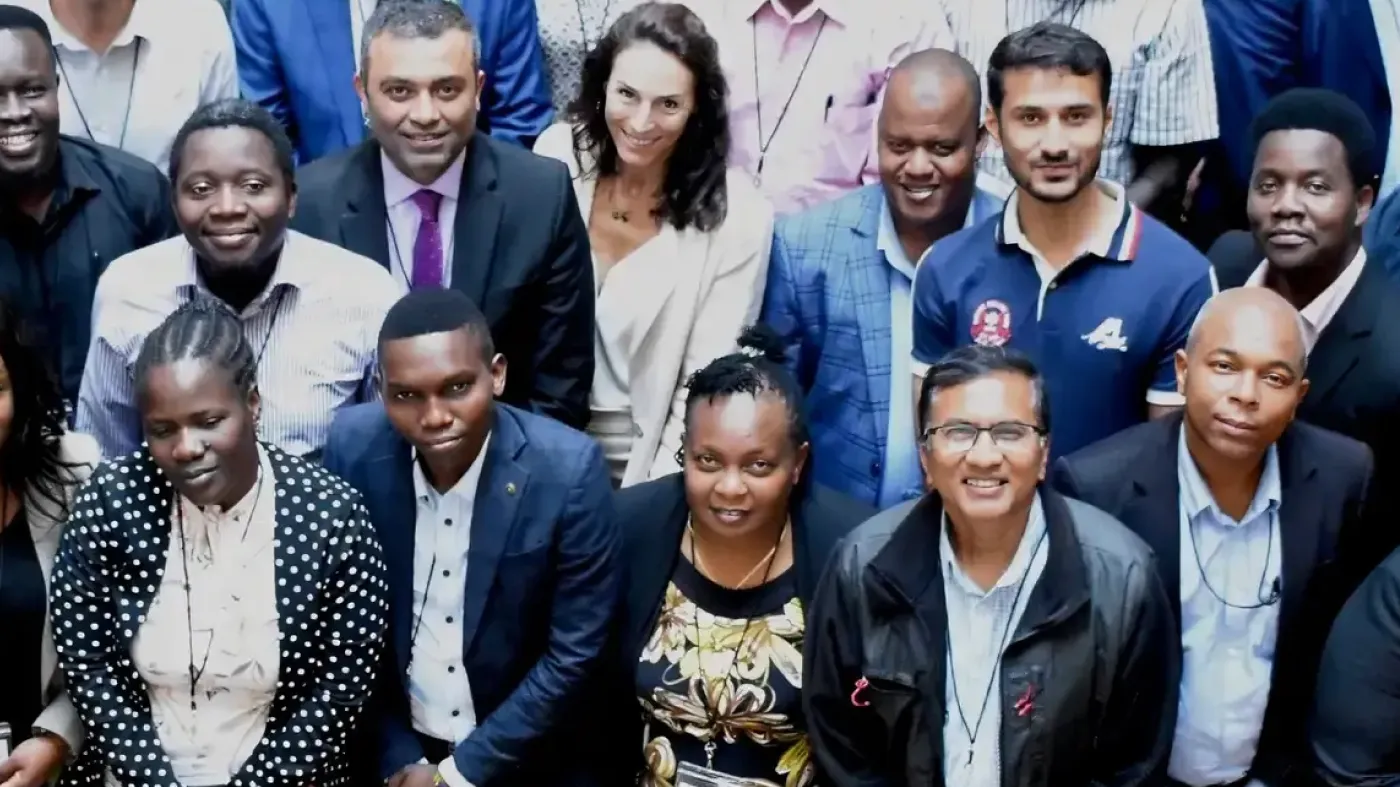Download All Country Data
During times of widespread disease transmission, doctors and nurses are at elevated risk of getting sick; the COVID-19 pandemic is no different. By mid-August, nearly 40,000 health workers across Africa were known to have been infected, according to the World Health Organization, weakening an already overstretched workforce. Sick health workers can also endanger patients, amplifying outbreaks within health facilities when protocols aren’t in place to prevent transmission.
Sierra Leone is no stranger to this risk. In the 2014 Ebola outbreak that took nearly 4,000 lives in the country, the country lost 7% of its health workforce to the disease. As COVID-19 arrived, Sierra Leone had a tragic reminder of that loss as the country’s second confirmed case was a doctor working at a hospital in the capital. Even before case counts began to grow, the government started developing best practices that health care facilities should follow to reduce the risk that they would contribute to the spread of infection.
Developing and disseminating training
Health workers who are trained to prevent and control infections are better able to protect themselves, and to mount an effective response to COVID-19 in the communities they serve. With this in mind, Resolve to Save Lives is supporting health worker trainings across thirteen African countries. This includes an effort conducted in Sierra Leone by ICAP at Columbia University’s Mailman School of Public Health, which seeks to improve access to health services through innovative research and technical assistance, and the country’s Ministry of Health and Sanitation.
The need for improved infection prevention and control was apparent to Sierra Leone’s government, but they lacked the resources to rapidly scale up needed trainings. Funding provided by Resolve to Save Lives arrived at a critical point.
As designed, the training materials help primary health care workers identify potential cases and triage care; protect their own health and prevent the virus from travelling between their patients; maintain essential health services; and communicate effectively about the risks of COVID-19.
Since June, 392 frontline healthcare workers from seven hospitals have undergone the three-day training. Training were focused on facilities in the west of the country, the heart of its growing epidemic. “We targeted hospitals we knew would be able to train others,” said Amon Njenga, ICAP’s Program Manager for Resilient and Responsive Health Systems (RRHS) & Infection Prevention and Control.
The training does more than sensitize individual clinicians. By reaching a large number of staff, who can share new knowledge with their colleagues, the training helps align the entire institution with best practices of infection prevention and control, foster key champions to ensure compliance, and begin a cycle of continuous mentorship.
“[The] training has given me in-depth knowledge about the novel coronavirus,” said Fatmata Rogers Gbla, Acting Assistant Matron in the pediatric unit of the Makeni Regional Hospital in Bombali District. “As a mentor, I feel indebted to cascade this knowledge to not only colleague staff, but also community health officers and fellow healthcare workers across the various catchment areas in the district.”
Although the trainings are still fresh, local clinicians are already seeing an impact. “By providing frontline health workers with empowering education, ICAP and Resolve to Save Lives are working together to build a culture of infection prevention control measures across Sierra Leone,” said Dr. Mame Toure, Country Director of ICAP in Sierra Leone. “These trainings are critical to protecting our health workforce and their patients from COVID-19 infection and lead to a more resilient response to COVID-19 and pandemics to come.”






